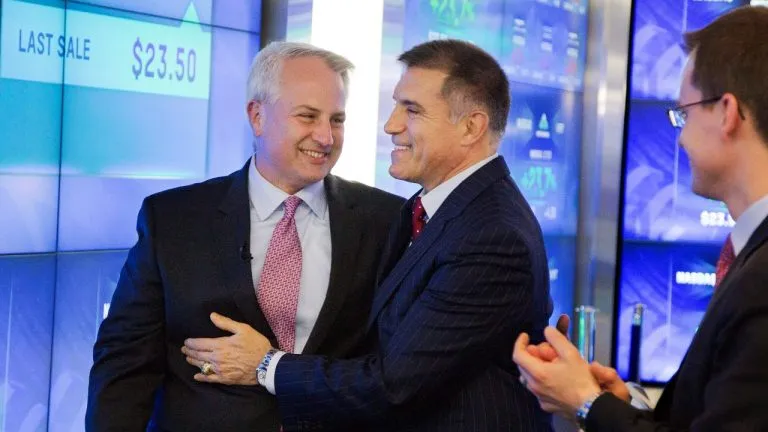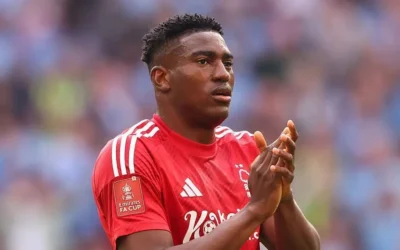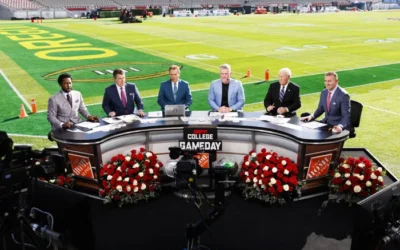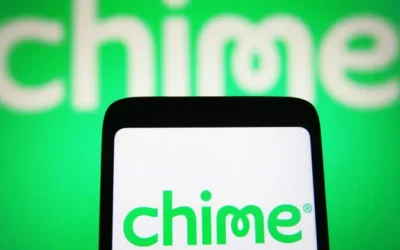Introduction
In a shocking turn of events, Doug Cifu, the minority owner of the Florida Panthers, has been banned from NHL activities due to a series of controversial posts made on social media platform X (previously known as Twitter). This incident has stirred considerable debate among fans and analysts alike, shedding light on the expectations and responsibilities of sports executives in the age of social media.
Background on Doug Cifu
Doug Cifu is not only a minority owner of the Florida Panthers but also serves as the team’s vice chairman. He has been involved with the Panthers since 2013 and played a crucial role in the team’s transformation into a competitive franchise in the NHL.
Despite his contributions to the team, Cifu’s recent social media behavior has sparked outrage, leading to the NHL’s decisive action. His posts came under scrutiny after he allegedly referred to Canada as the “51st state,” which many interpreted as a derogatory remark regarding Canada and its hockey culture.
The Posts That Led to the Ban
Cifu’s posts included various vulgar rants on X, where he expressed his thoughts on Canadian hockey fans and other topics that crossed a line for stakeholders in the sport. Although the NHL has not disclosed the specific content of these posts, their nature was deemed inappropriate enough to warrant severe consequences.
The league has taken a strong stance against any form of discrimination or inappropriate conduct from its executives. The NHL’s decision serves as a reminder that individuals in positions of power must be held accountable for their public statements and social media presence.
Citing the Ban
The NHL released a statement explaining the rationale behind Cifu’s ban: “The league does not tolerate any comments that could be perceived as offensive or derogatory towards any country, community, or individual. Our executives are expected to uphold the integrity of the NHL and act in a manner that represents our values.”
This ban not only affects Doug Cifu’s ability to participate in NHL activities but also serves as a broader message to the league’s community—no individual, regardless of their position or influence, is above the standards set by the NHL.
Impact on the Florida Panthers
The timing of the ban raises questions about the future leadership structure of the Florida Panthers organization. With Cifu’s voice sidelined, it presents an opportunity for other executives within the team to step up, potentially altering the course of the organization’s strategic direction.
This recent development comes as the Panthers are attempting to build momentum following a promising season. Team performance and morale could be affected as players and staff process the implications of Cifu’s actions and the resultant media scrutiny.
Social Media and Accountability in Sports
This incident highlights the critical and sometimes perilous intersection between sports and social media. In an era where public figures are under constant scrutiny, the line between personal opinions and professional responsibilities can become blurred easily.
As sports organizations increasingly embrace social media for marketing and fan engagement, they also face the challenge of managing the public personas of their executives. Comments made online can quickly escalate, leading to reputational damage that extends beyond the individual to the entire organization.
The Role of the NHL in Regulating Conduct
The NHL’s swift action reflects a commitment to maintaining the league’s image and ensuring that its personnel adhere to high standards of conduct. This ban may serve as a catalyst for other sports leagues to reinforce their policies around social media and public communication.
Many analysts believe that the NHL may tighten its guidelines relating to social media usage among executives and players to prevent similar situations from arising in the future. This could include mandatory training on social media conduct and clearer consequences for inappropriate behavior online.
The Fan’s Perspective
Fans of both the Florida Panthers and the NHL as a whole have voiced their opinions regarding Cifu’s behavior. While some fans support the NHL’s decision to take a stand against inappropriate comments, others argue that the response is an overreach and raises concerns over free speech.
The divide among the fans is evident in various forums, where discussions about Cifu’s comments have become polarized. Some fans believe that executives should be able to express their opinions freely, while others insist that professionalism must come before personal beliefs.
What Lies Ahead for Doug Cifu and the Panthers
As the dust settles from this controversy, it remains unclear what the long-term implications will be for Doug Cifu and his future with the Florida Panthers. His ban raises questions regarding whether he may seek to appeal the NHL’s decision or if he will resign from involvement with the team.
Furthermore, will the Panthers organization implement changes in culture and guidelines in light of this incident? The Florida Panthers have an opportunity to reassess their leadership approach and reinforce a commitment to respect and accountability within the organization.
Conclusion
The recent controversy surrounding Doug Cifu serves as a vital reminder of the power of words, particularly in an era defined by social media. As sports organizations navigate this complex environment, they must balance the values of free expression with the responsibility of maintaining a respectful and inclusive community.
The NHL’s decision to ban Cifu reflects a growing trend among sports leagues to take a stand against inappropriate conduct. As the story continues to unfold, it will be interesting to see how both the Florida Panthers and the NHL as a whole address these challenges moving forward.







